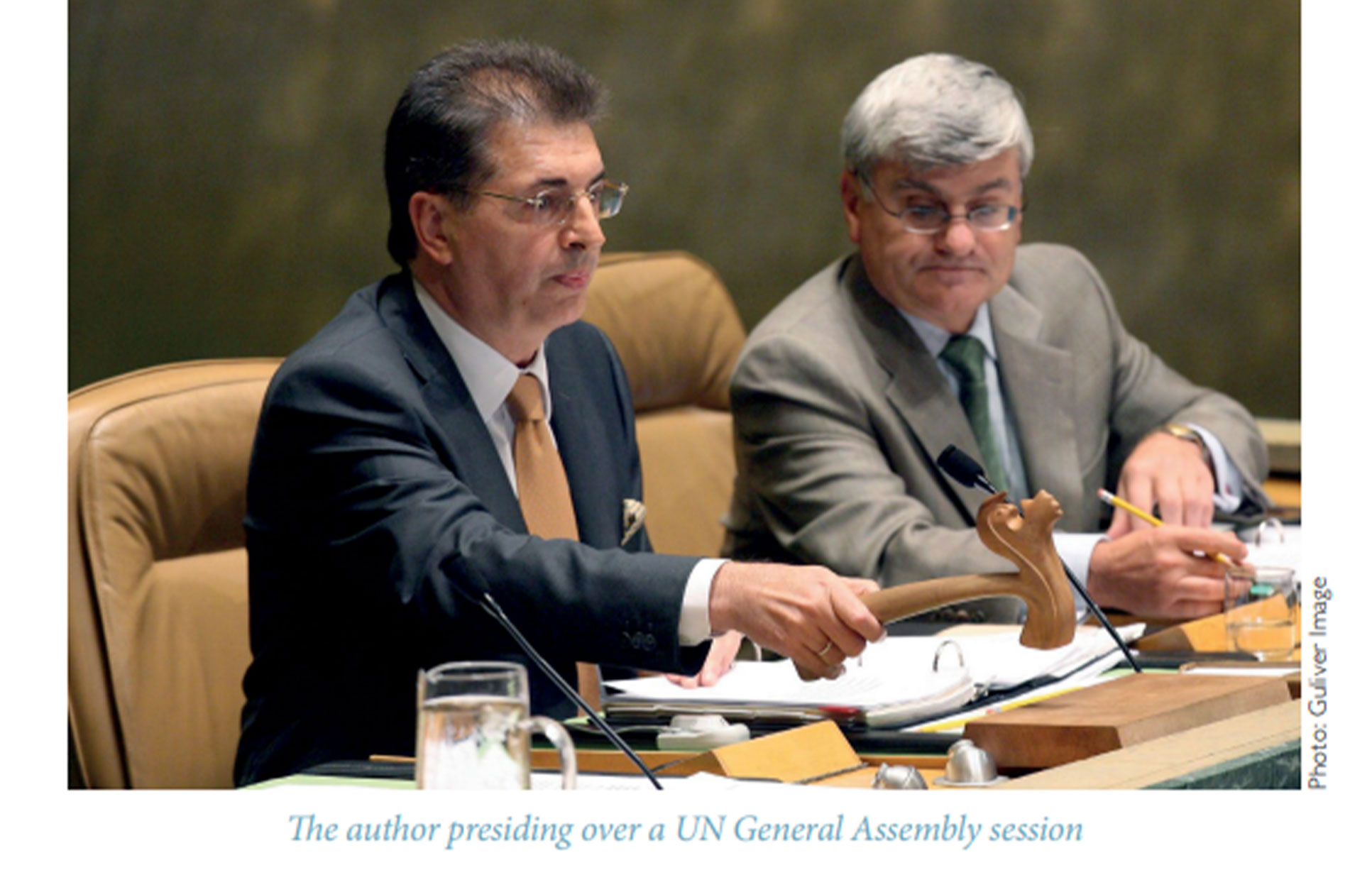 Srgjan Kerim is President of the 62nd session of the United Nations General Assembly and a former Minister of Foreign Affairs of North Macedonia.
Srgjan Kerim is President of the 62nd session of the United Nations General Assembly and a former Minister of Foreign Affairs of North Macedonia.
THERE is endless discussion revolving around the need to deal with today’s global challenges—most obviously, security, climate change, nuclear proliferation, global pandemics, and economic globalization. It thus comes as no surprise that an increasing number of political analysts have been mentioning geopolitics as a crucial driver of recent challenges.
It is therefore necessary to underline two crucial moments in this regard. First, the profound crises the world is facing cannot be resolved without thinking about geopolitics as part of the equation. Second, no global challenge, including imminent threats to peace and security, can be resolved unless the world finds a way to overcome the discrepancies between geopolitics and geoeconomics, or, at the very least, narrow the gap between them.

In tackling the difficult relationship between geopolitics and geoeconomics, one must remain mindful of the fact that they do not necessarily go hand in hand. On the contrary, throughout history, they have often opposed and contradicted one another.
Let us take the example of the Soviet Union. While Russian President Vladimir Putin firmly believes the dissolution of the USSR was the greatest geopolitical catastrophe of the twentieth century, in my opinion it represented an inevitable geoeconomic collapse of a military superpower that had both a very weak economic foundation and a rigid political system.







